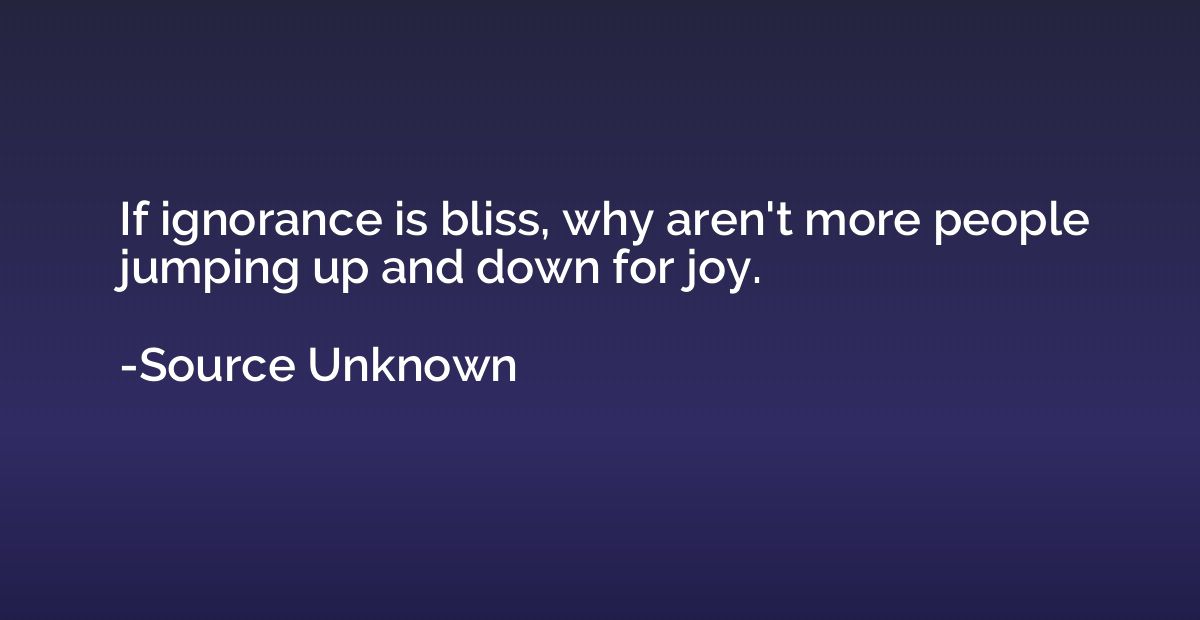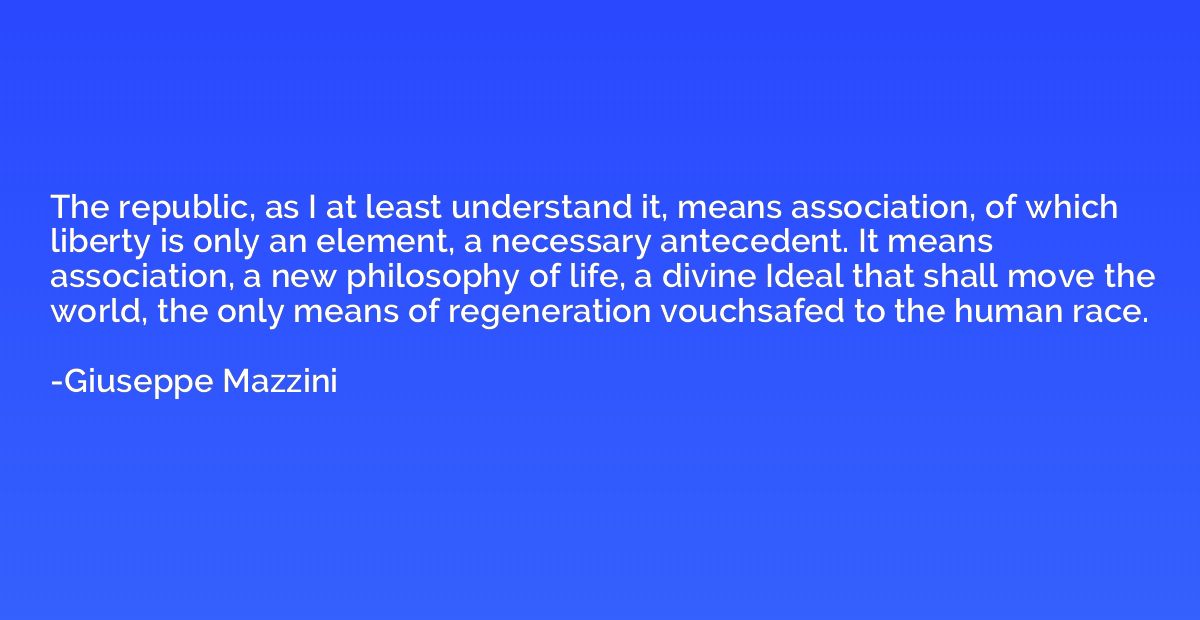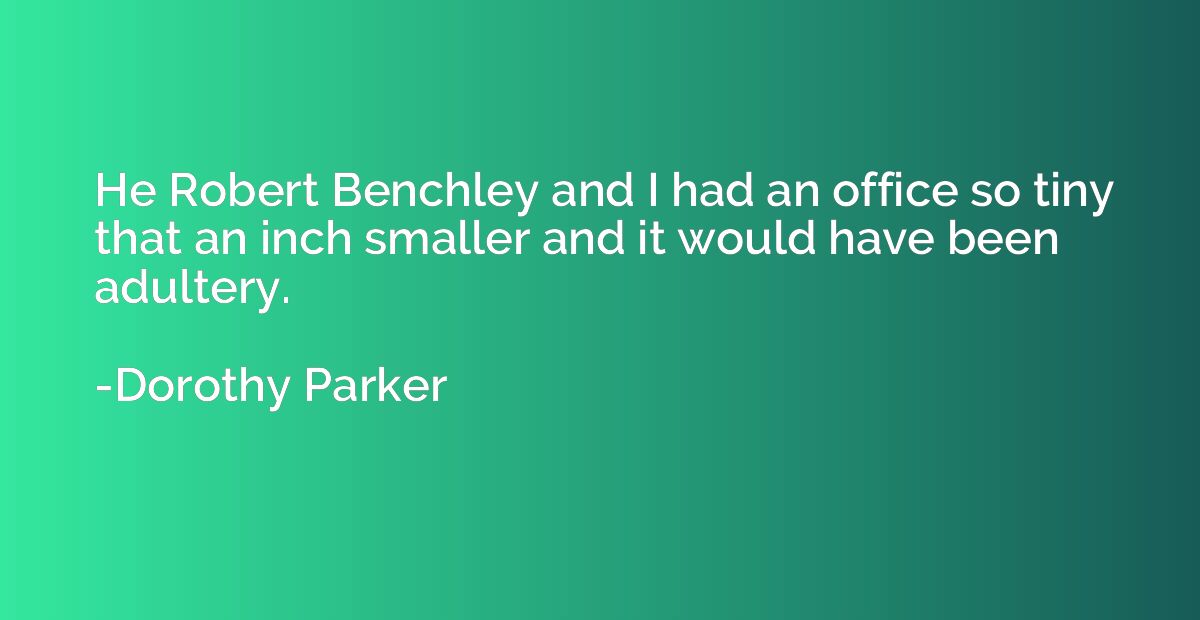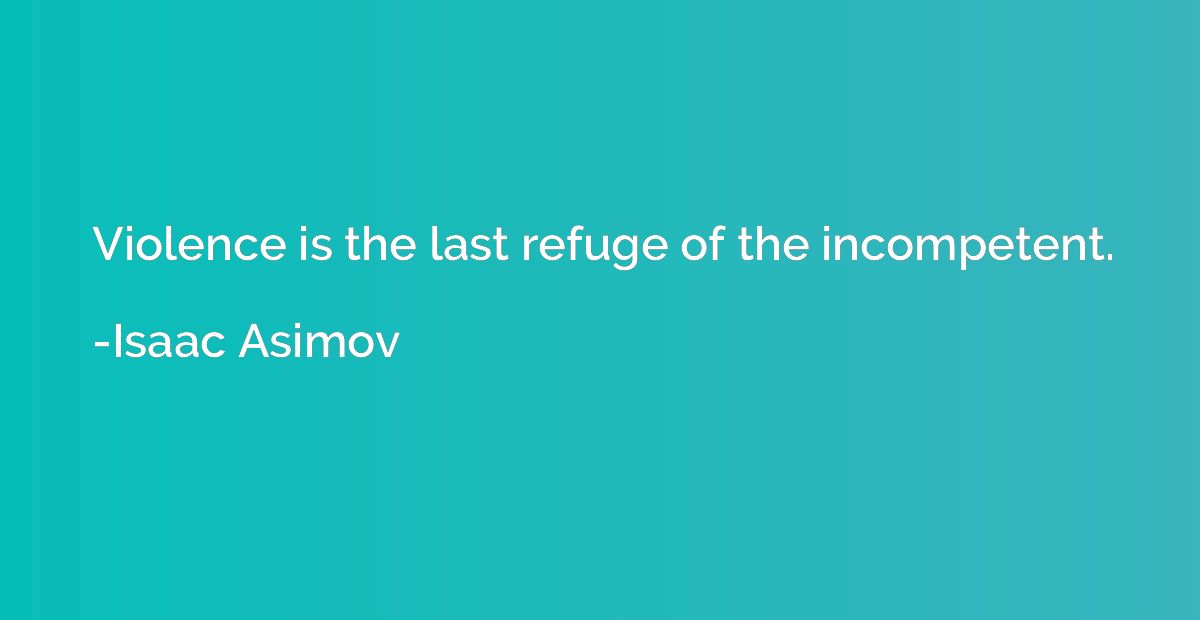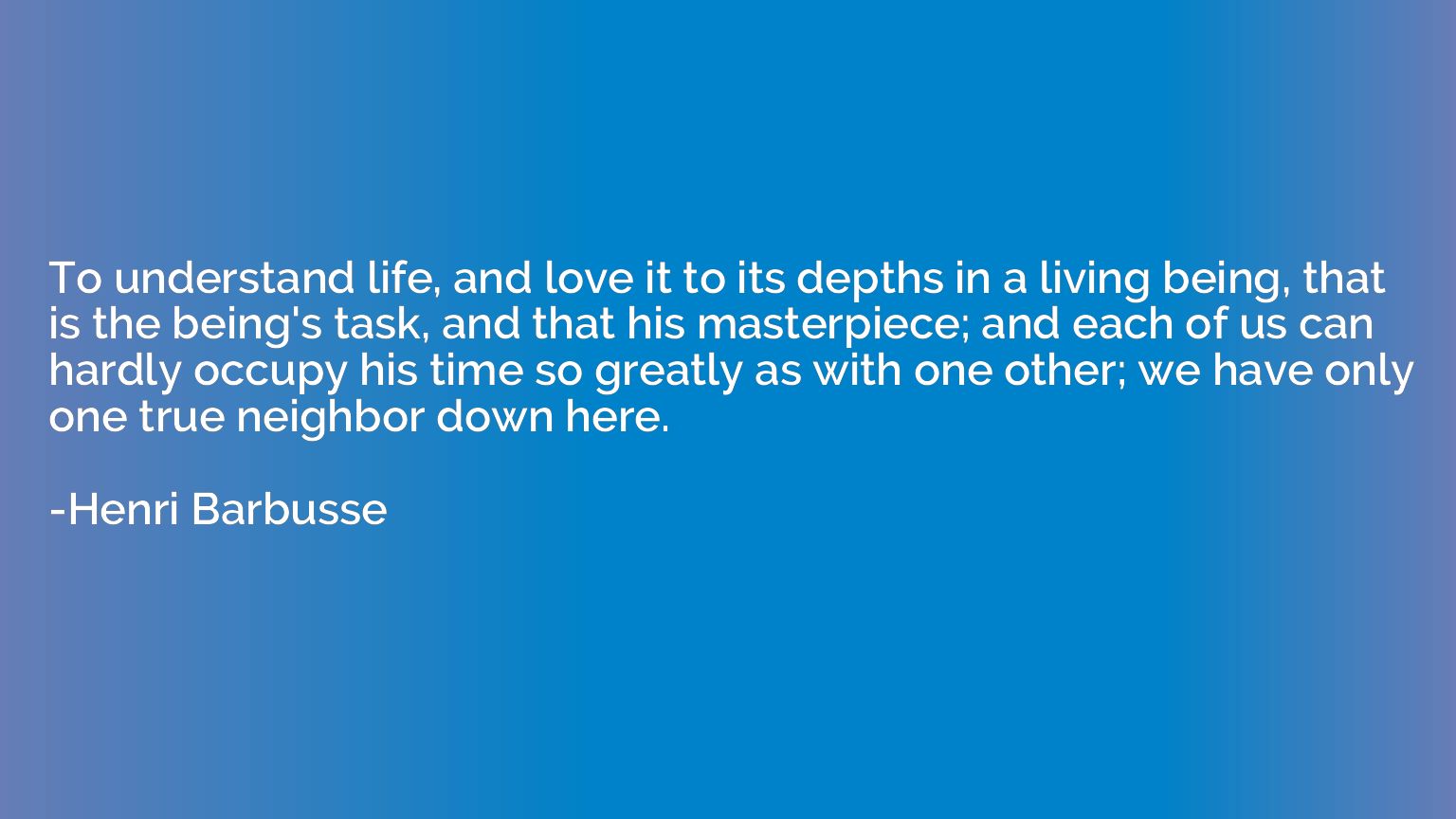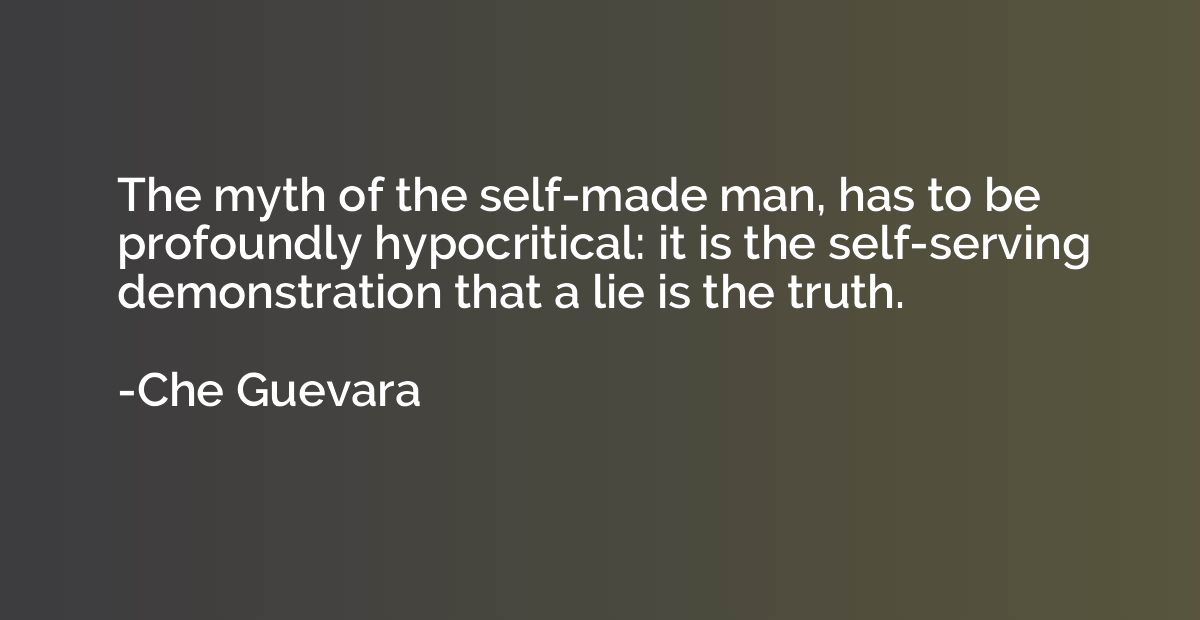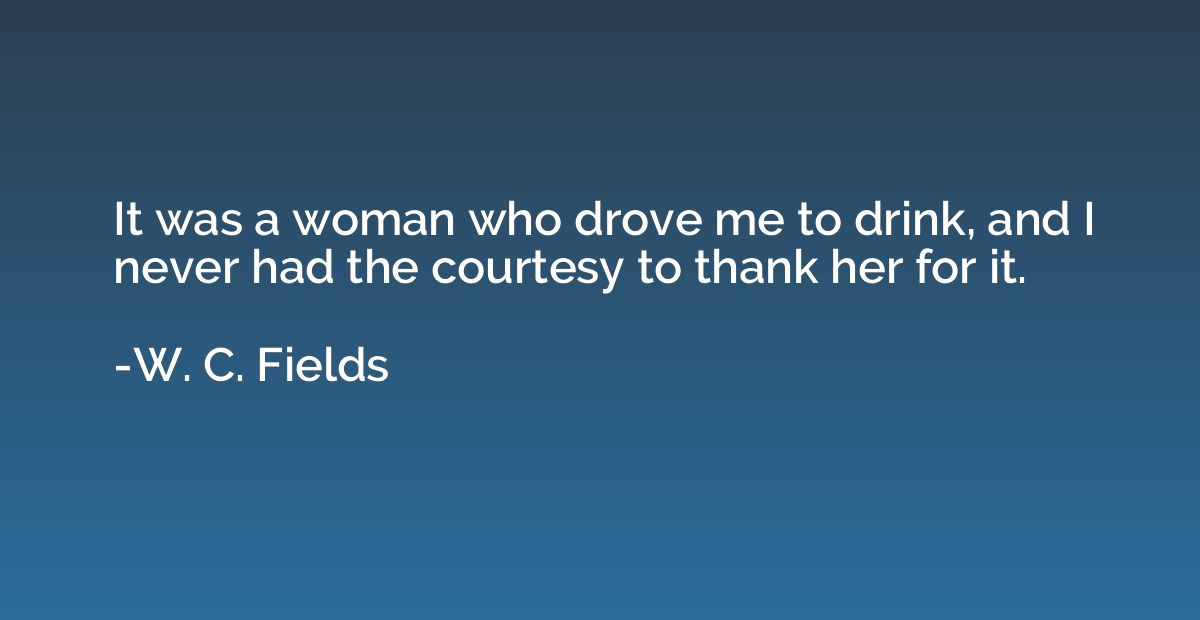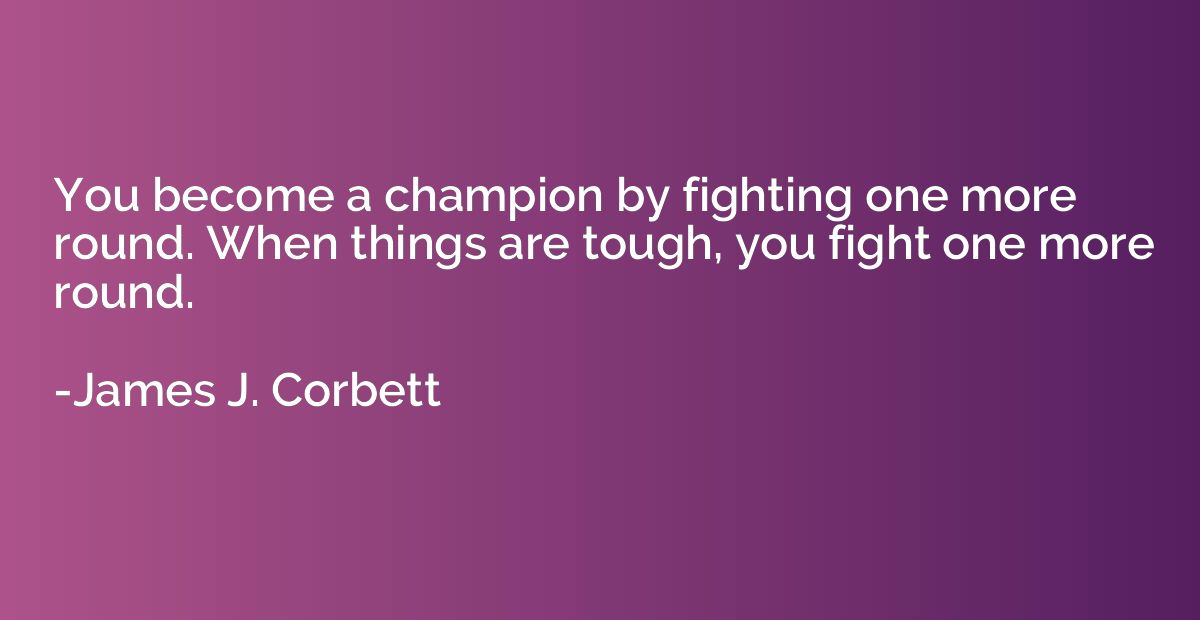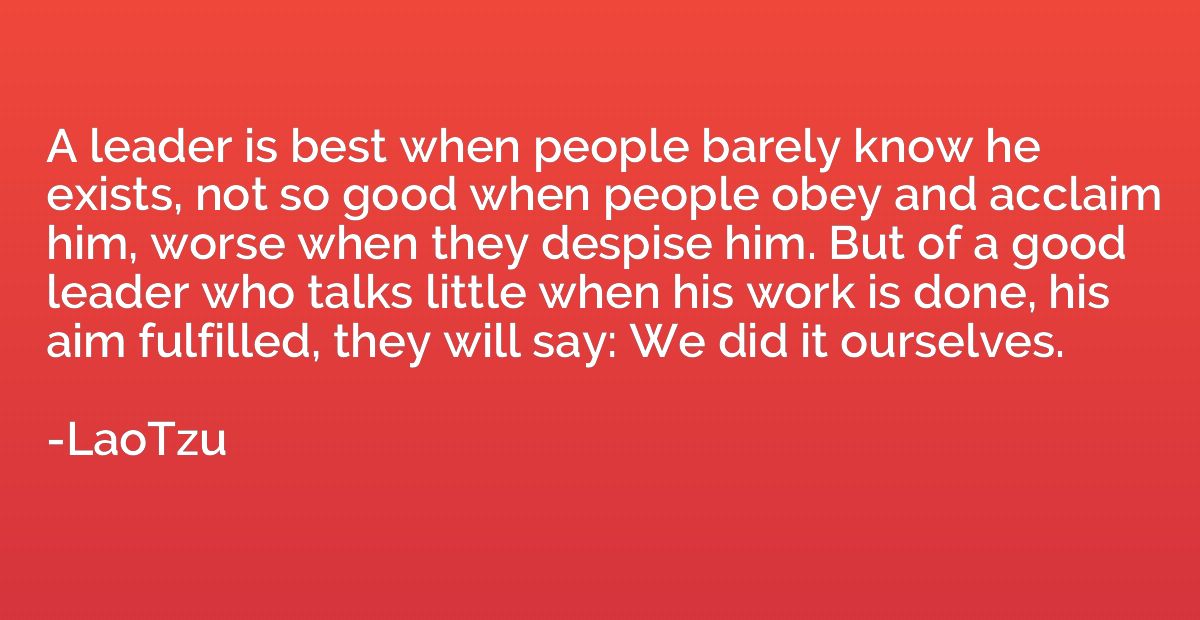Summary
This quote questions the idea that ignorance equates to happiness. It suggests that if ignorance truly brings bliss, then logically, more individuals should be experiencing immense joy. However, the quote highlights the irony that people generally don't seem to exhibit this jubilation, indicating that true happiness cannot solely be based on ignorance. It implies that seeking knowledge and understanding may be necessary for one's overall well-being, contradicting the notion that complete unawareness can lead to ultimate contentment.
